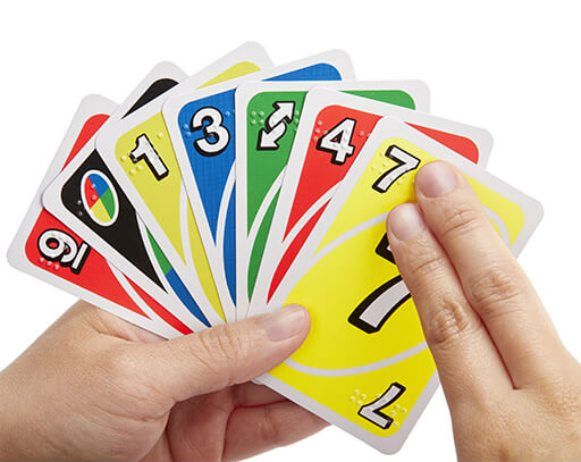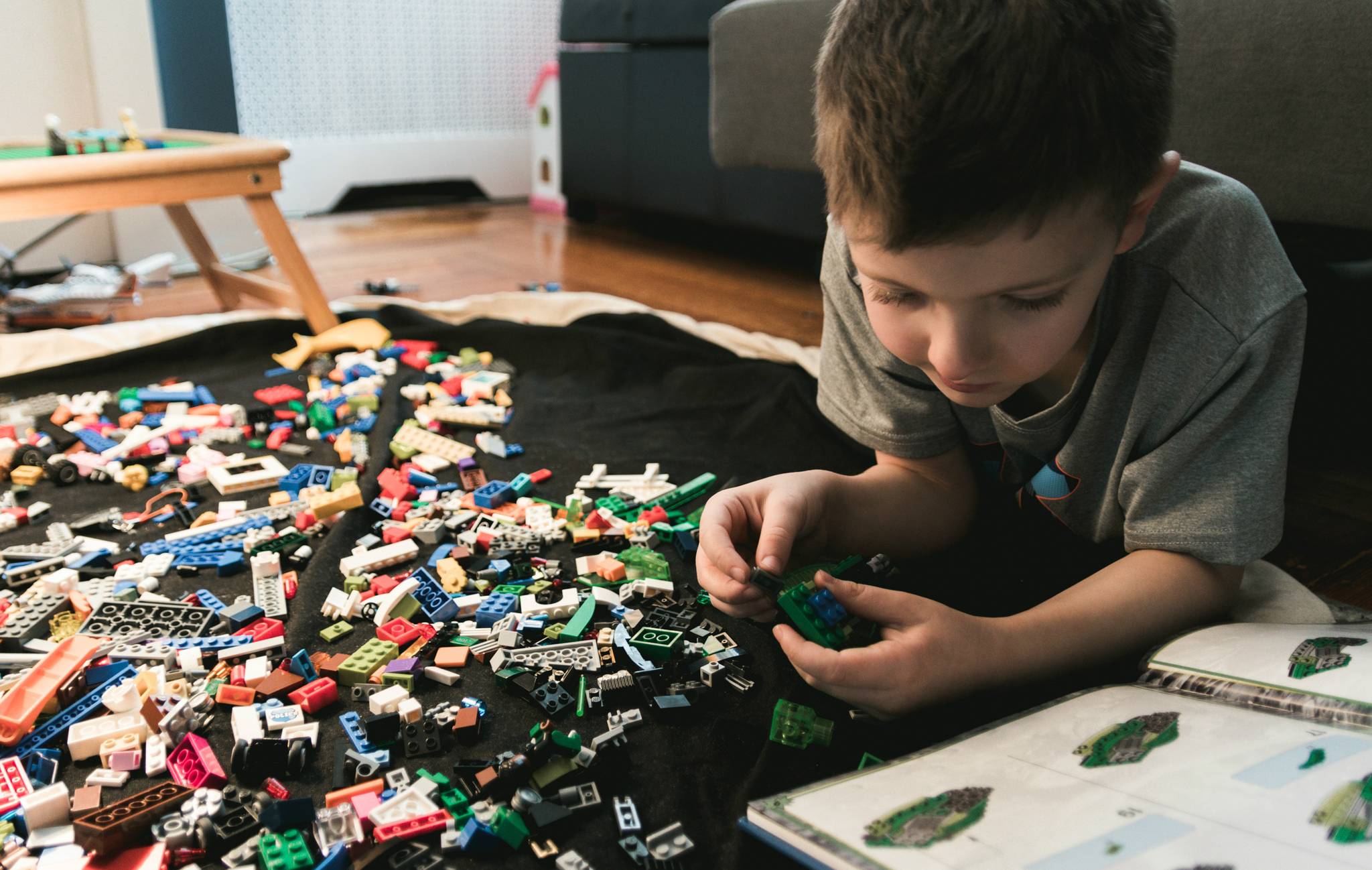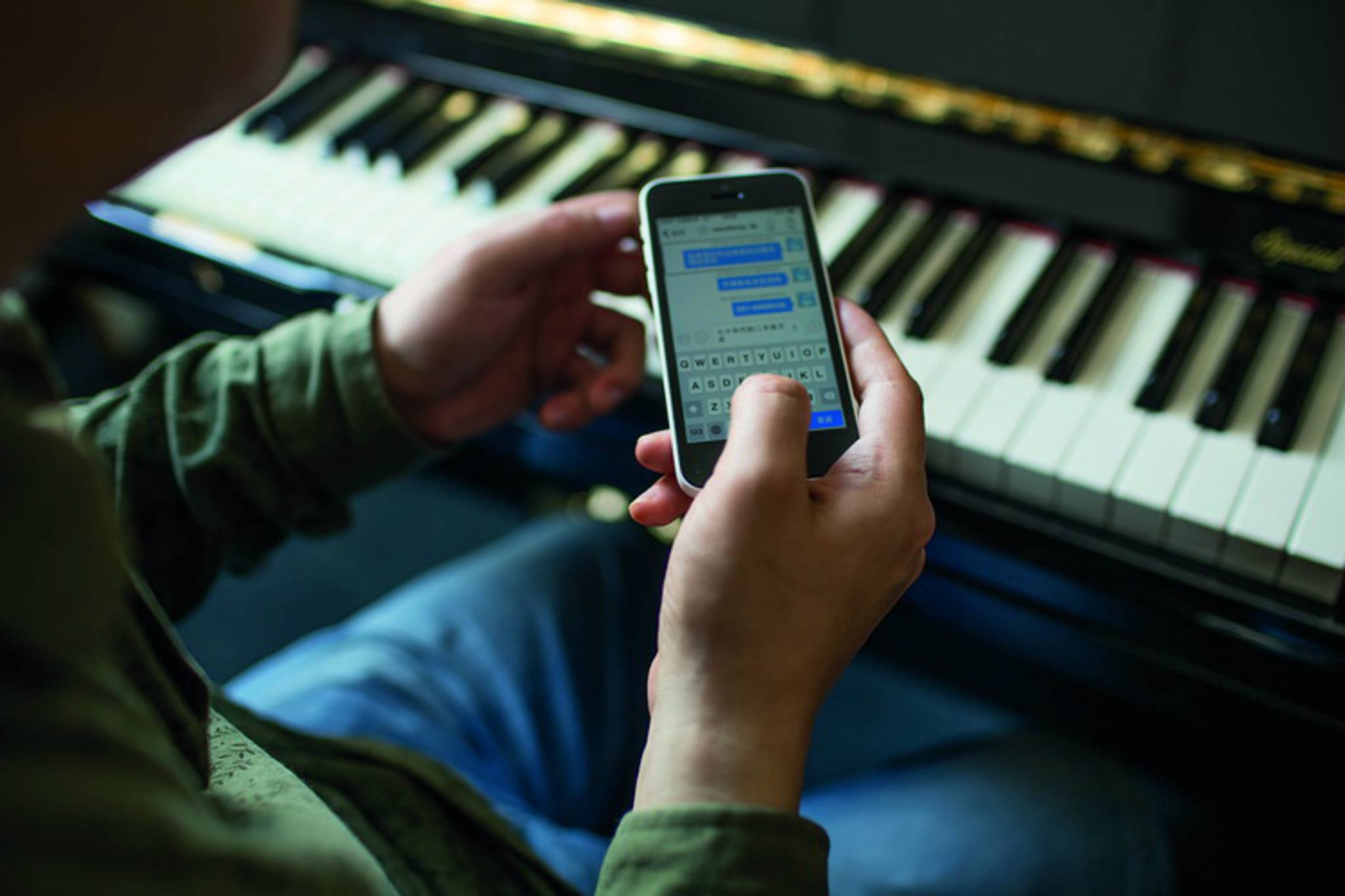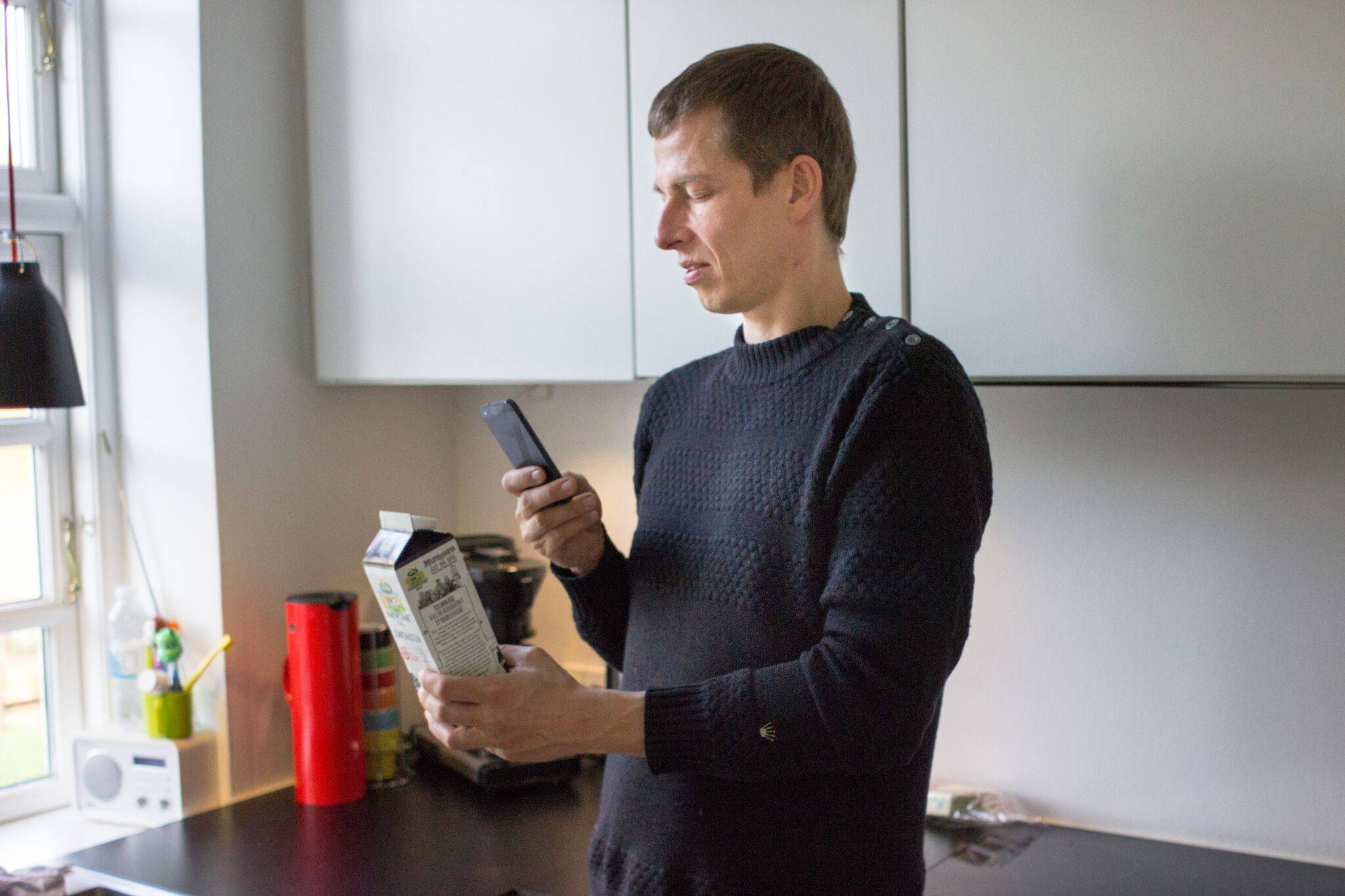
Mattel has created a braille version of the beloved card game Uno in an effort to become more inclusive. With digital platforms enabling underserved communities and their allies to make their voices heard, brands may win support by catering to traditionally excluded parts of the population. We explore the insights behind product inclusivity and why brands are creating options for all.
The inclusive Uno deck, made in partnership with the National Federation of the Blind, contains cards with braille dots on the corners. Players call out each card as they play and instructions are downloadable in braille-readable files. Alternatively, players can have Alexa or Google Home read the instructions aloud. ”The fact that a blind person is now able to play a classic game of UNO straight out of the box with both blind and sighted friends or family members is a truly meaningful moment for our community," says Mark Riccobono, the president of the National Federation of the Blind.

It's estimated that 36 million people around the world are blind and research has found that a significant proportion of this group feels socially excluded. However, people both with and without visual impairments are pushing for more inclusive products that can help provide a feeling of belonging, in turn minimizing the sense of exclusion. In fact, roughly 70% of Gen Y shoppers say they are more likely to opt for a brand that demonstrates inclusion and diversity in its product range. Mattel’s braille version of Uno is just one part of the company’s push to meet inclusive demands. Though they previously launched a version of Uno for the colour blind, the toy brand’s inclusivity play is broad in scope having also unveiled a range of gender-inclusive dolls. Meanwhile, other brands have taken a similar strategy, such as Lego who created special bricks to help children learn braille.
Makail Johannesson is a freelance behavioural analyst at Canvas8. He holds a Master's in Cognitive and Decision Sciences from University College London. Apart from mind wandering about the human experience, he enjoys reading books and conversations at the pub.



